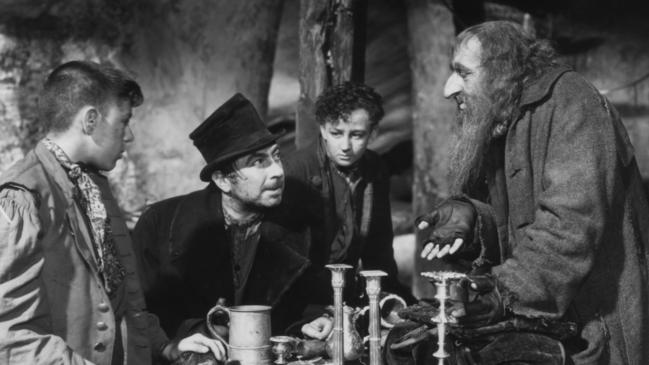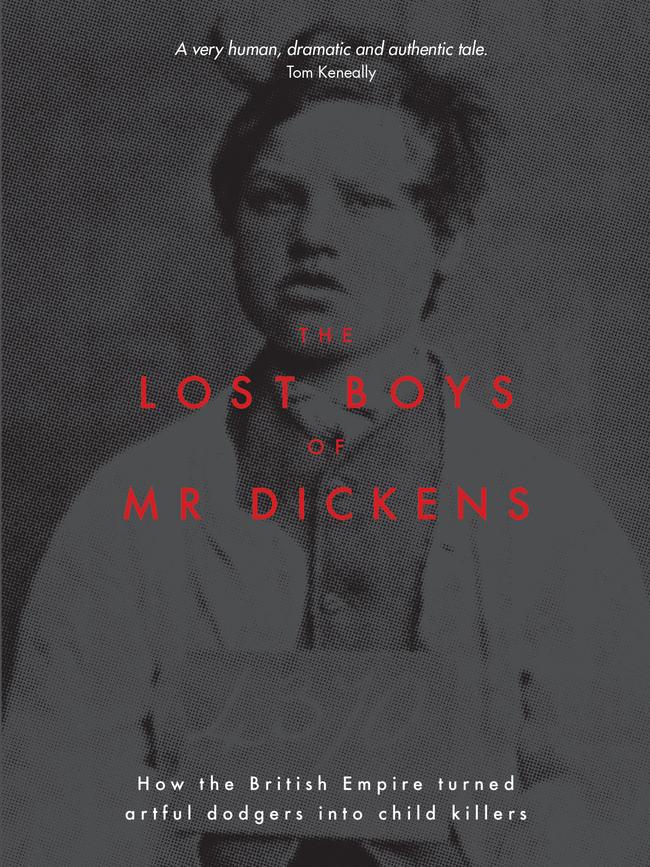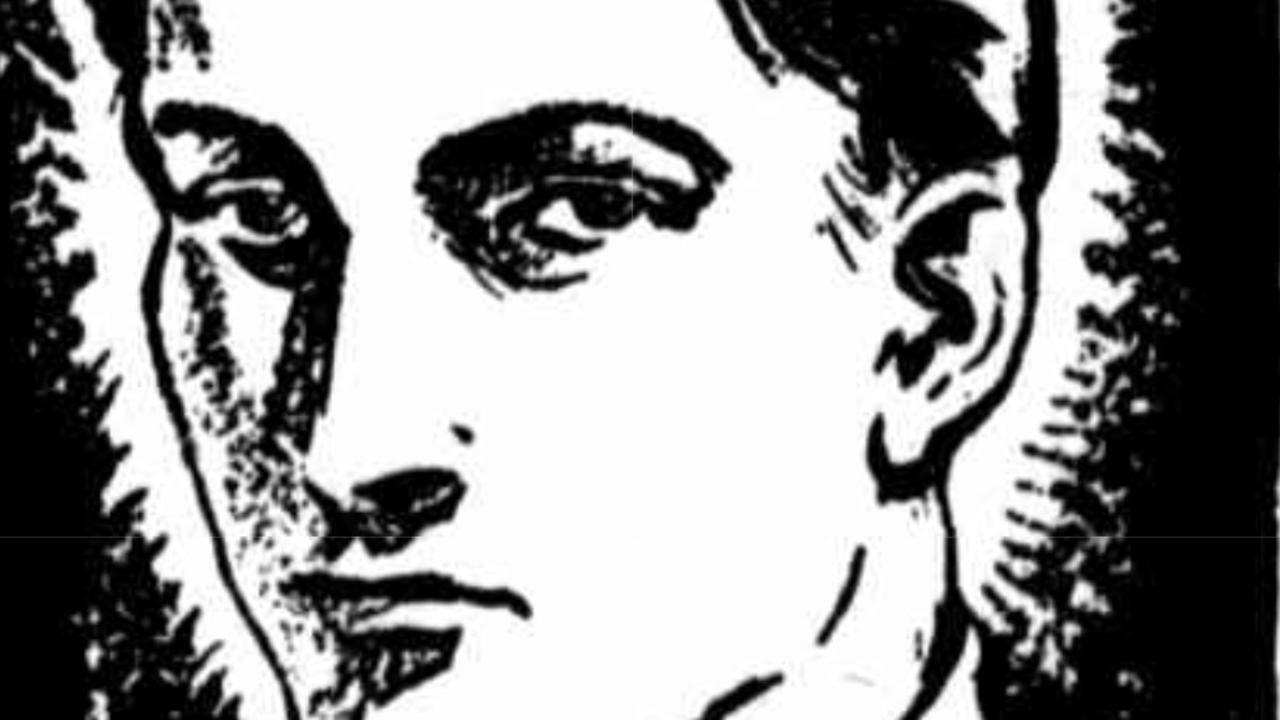New podcast: Tale of Australia’s lost convict boys
Thousands of child convicts, some as young as eight, were sent to a children’s version of the notorious Port Arthur for minor offences. But were two boys really guilty of a more shocking crime? LISTEN NOW

Our Criminal History
Don't miss out on the headlines from Our Criminal History. Followed categories will be added to My News.
It’s a tragic tale that reads like it’s straight out of a Charles Dickens novel.
In the 1830s, two real-life Oliver Twists or Artful Dodgers were sprung for minor thefts and sent to Tasmania to serve seven years in the first juvenile prison in the British Empire.
That in itself wasn’t unusual.
After all, the pair were among a staggering 3000 boys — some as young as eight — sent from Britain to Point Puer, the children’s version of the notorious Port Arthur.
What was unusual is the boys’ tragic lives took a shocking twist in 1843 when news broke that a prison overseer had been bashed to death, and the two boys had confessed to his murder and faced a meeting with the hangman.
SUBSCRIBE TO IN BLACK AND WHITE ON APPLE PODCASTS
The sad but fascinating tale of Henry Sparkes and Charles Campbell is the subject of the latest In Black and White podcast, out today.
Their story is told in a new book called The Lost Boys of Mr Dickens by Steve Harris, former editor-in-chief of The Herald & Weekly Times.
On the streets of Britain, Harris says there was a clear hierarchy among the boys, with special slang terms or “flash patter” to describe their ranking.
At the bottom of the hierarchy were “pudding snammers”, or boys who only stole food from shops simply to fill their stomachs.
Next were “files”, pickpockets who nicked watches and jewellery, and were rated higher than those who merely stole handkerchiefs.
Then there were “sneaks” who robbed shop tills, “snakes” who wriggled their way into homes to burgle them, and “bouncers” who stole while pretending to be bargaining.
And finally there was the “swell mob”, boys who dressed respectably to disguise the fact they were street criminals.
Sparkes and Campbell were repeat offenders, sentenced to imprisonment on the other side of the world for seven years each for minor crimes.
Sparkes, 12, from Nottingham, was sent to Point Puer for stealing three pence.

Campbell, 11 or 12, of Aberdeen, who stood just three feet 11 inches (119cm) tall, was sent there for stealing three cotton garments, which he had planned to sell in order to buy pies to eat.
At Point Puer, child convicts endured harsh conditions and punishment, including hard labour, solitary confinement, and public thrashings with a birch rod or leather lash on bare buttocks.
For Harris, the fact so many young boys were transported to Australia is probably the saddest chapter of our convict history.


“Their story has been relatively silent, and I think they deserve to have a voice because they were innocent victims of conditions and circumstances in Britain and of the moral panic, prejudice, et cetera, and harsh justice of the day.
“If you like Charles Dickens and Oliver Twist and all his characters, then these are two real boys caught up in all those forces, and how their lives went from typical innocence and hope of childhood … to standing trial and facing a face-to-face meeting with the hangman on the scaffold.
“It’s terribly sad and dramatic, but it’s also a very human story.”
Listen to today’s podcast to find out what happened to the two boys.
Subscribe to the podcast on iTunes here, on Spotify here or on your favourite platform.
Read more on the earlier episodes, from the slum boss and her relationship with a footy great, to the one-legged gang that ruled Melbourne’s streets.


